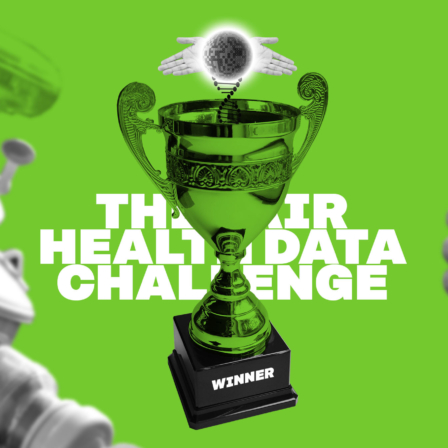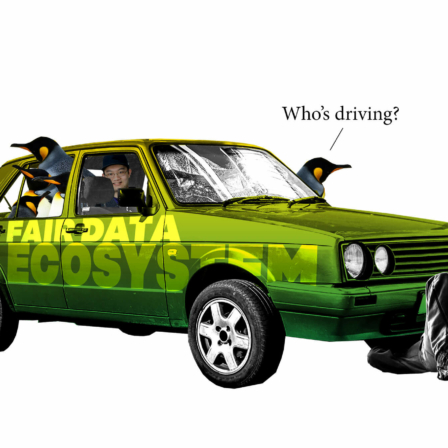In a year, COVID-19 has brought the whole world to its knees in an unprecedented manner. The global reaction has also been unprecedented, even surprising, in many ways, with leaders willing to take tough decisions and to restrict the activities of societies and companies, and the movement of citizens in different ways. Meanwhile, vaccines have been developed at record speed.
Now, a year after the start of the pandemic, in many ways it feels as if we are engaged in a war of attrition, attempting to hang on long enough for extensive vaccinations to ease the situation. The target appears to be moving now. The most recent example of this is Germany’s recent, and tough, decision to extend its lockdown by another three weeks.
The suspension of normal life is difficult for both people’s mental health and the economy, and if the situation drags on, the post-coronavirus reconstruction will become more difficult. The extensive vaccination efforts will nevertheless open up new possibilities in the fight against the coronavirus if the fortitude to embrace them can be found.
Using payment terminals would boost the opening of societies globally
As vaccine coverage increases, moving around will become possible and societies will start to open up. When this happens, information will be needed – Have you been vaccinated? Do you carry the virus? Are you immune because you have already had the coronavirus? The information is needed at international borders, during travel, at public events and by many services to prevent the spread of the virus. For example, airlines already require vaccination and testing certificates.
Individual countries have also started developing different kinds of vaccine passports. The problem is their global compatibility, or standardisation. Scaling the solution of one country is not possible, but owing to the nature of the pandemic, the solutions need to be global.
An inventive solution we suggest would be to use the debit and credit card system for the global sharing of a person’s coronavirus status. The system would work like this: the customers show their debit or credit cards to a service provider’s payment terminal in the same way they do when making a small purchase. The terminal reveals if a person’s coronavirus status is in order. The terminal does not reveal patient information in any greater detail. The system works exclusively on behalf of the individual and under the instructions and control of the person asking for their own vaccine information.
Various vaccine passports are currently under development around the world. However, they lag somewhat behind the existing payment terminal system. When issuing someone a debit or credit card, a bank establishes the person’s identity through strong identification, allowing the card to be used as a means of identification. It takes just milliseconds for the card system to check the person’s status in the same way that it checks the balance of the customer’s account. This would make the system as secure as the payment system and it would make it difficult to forge various kinds of “coronavirus certificates”. Confidence in the system would not have to be built from scratch, as the financial system is already under strict supervision both nationally and internationally.
Do we have the will and the ability for a new kind of co-operation?
The card system works globally, and the entire infrastructure and the cards already exist. We have established that such a transfer of information is technically possible. Each country taking part in the system should produce the coronavirus data specific to the country and become part of the whole, as banks have done for monetary transactions. The model does not create any new, separate and expensive global system of sharing vaccination information. This is a fast, low-cost solution. In Finland, people’s coronavirus information could be extracted from the My Kanta system.
The model proposed here goes beyond the traditional sectoral boundaries, and therefore requires both the will and the ability to engage in new kinds of co-operation. We feel that the fast shutdown of societies and the development of vaccines showed that it is possible to make decisions in the face of necessity.
We can approach the current and future coronavirus challenge in one of two ways. To coin a sports analogy, as a team we can either actively go out to win, or else merely try to hang in and avoid defeat. In the global battle against the coronavirus so far, the trend after the initial shock has been largely to reduce the likelihood of defeat. To establish the faith of people and businesses in the future, it would be important now to create elements aimed at seeking victory, while maintaining our use of those geared to avert defeat.
We face the task of opening up societies, which requires looking beyond the separate sectors of the economy, using teamwork and all available means. At Sitra we will continue to examine the issue and we invite everyone who is willing to do so to join in the co-operative effort.

















Recommended
Have some more.